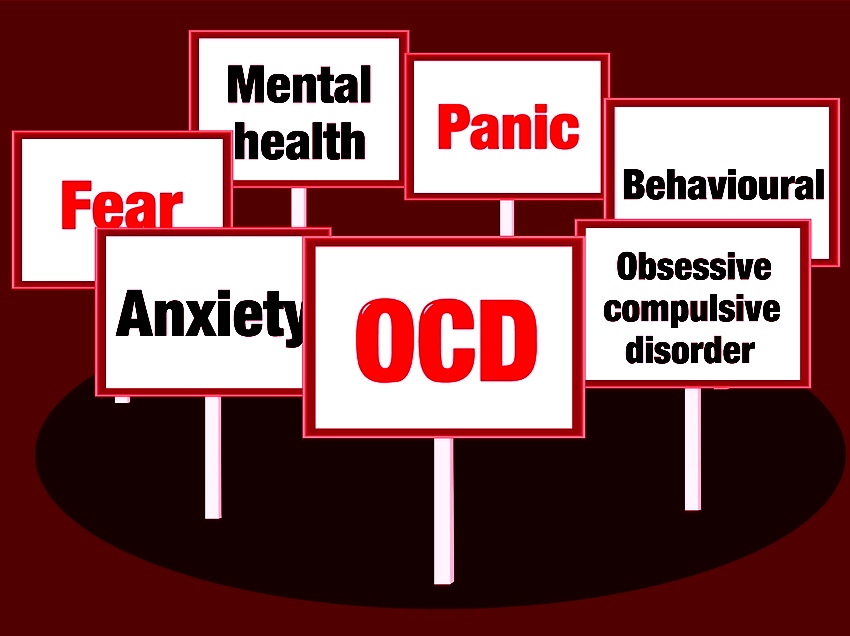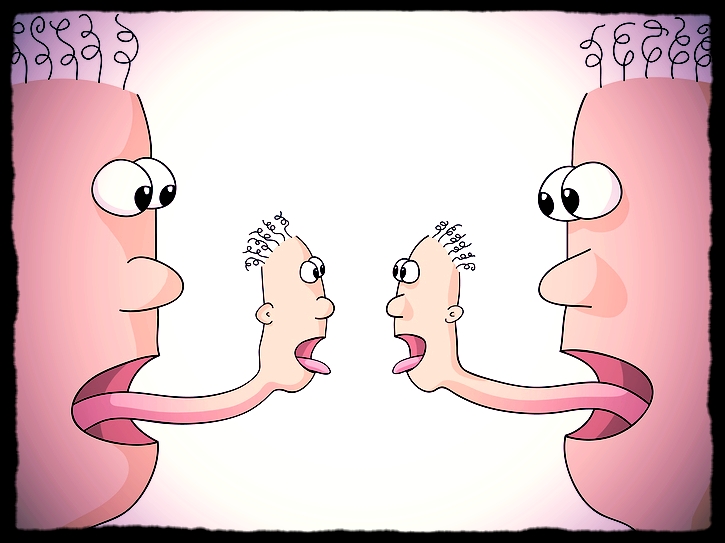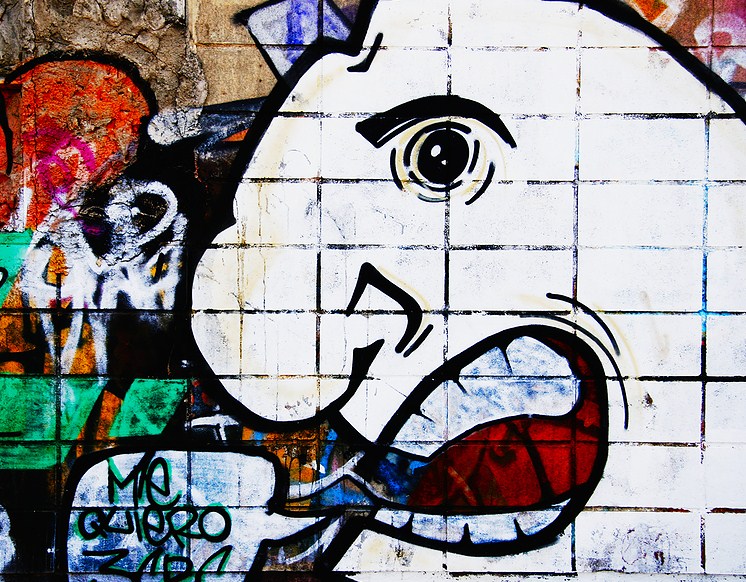More than ever, we need to discern what’s real and true about the events and circumstances of modern life. Unresolved emotions can clutter our mind, obstructing access to objectivity and wisdom. This is happening with 9/11 conspiracy buffs, many of whom believe that powerful … [Read more...] about Rebutting 9/11 Conspiracy Beliefs
superego
The Missing Link in OCD
You can’t touch it, see it, or smell it. But it’s there all the time, the hidden instigator of numerous human ailments and miseries, including obsessive-compulsive disorder. Experts attribute obsessive-compulsive disorder to various sources such as genetic factors and … [Read more...] about The Missing Link in OCD
The Futile Dialogue in Our Head
Our mind is often the stage for the acting out of a recurring dialogue between two conflicting parts of our psyche. In people with mental disorders, one of these voices—inner aggression—can take over or “possess” the consciousness of these individuals and command them to commit … [Read more...] about The Futile Dialogue in Our Head
Taming the “Little Monsters” of Insomnia
“I’ve always envied people who sleep easily,” one insomniac wrote. “Their brains must be cleaner, the floorboards of their skull well-swept, and all the little monsters closed up in a steamer truck at the foot of their bed.” People can have trouble sleeping for lots of … [Read more...] about Taming the “Little Monsters” of Insomnia
Why We’re Quick to “Go Negative”
Comedian Bill Maher wrote an amusing article in The New York Times recently, asking, “When did we get it in our heads that we have the right to never hear anything we don’t like?” In the article, Maher makes the point that we’ve become too easily offended and too quick to … [Read more...] about Why We’re Quick to “Go Negative”




